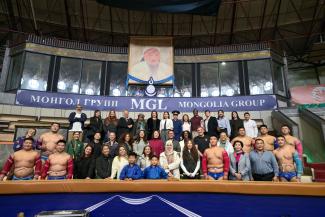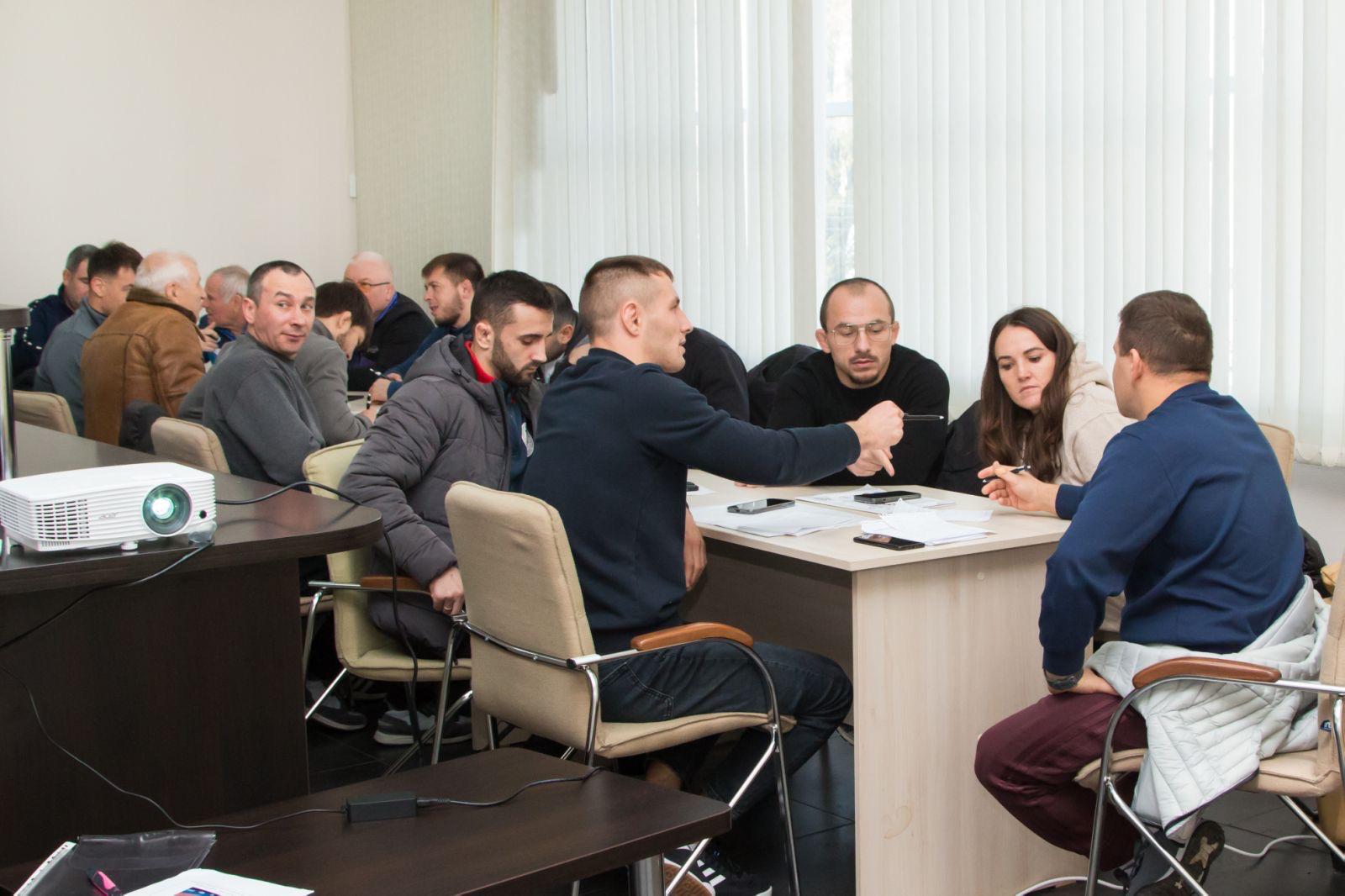UWW hosts fifth Women in Wrestling Global Forum in Mongolia
Wednesday, October 15, 2025 - 11:59 By United World Wrestling Press

ULAANBAATAR, Mongolia (October 14) -- The fifth edition of the Women in Wrestling Global Forum 2025 took place in Ulaanbaatar, Mongolia, from October 7 to 11, bringing together more than 34 women leaders, athletes, coaches, referees, and administrators from 21 countries.
Hosted by the Mongolian Wrestling Federation and the Mongolian National Olympic Committee, the Forum was opened by representatives of the Mongolian Wrestling Federation and the Mongolian National Olympic Committee, including the NOC Vice President Choijgavaa NARAMBAATAR.
The opening session reflected the support of United World Wrestling’s leadership, represented by UWW Vice Presidents Natalia YARIGUINA and Rodica YAKSI, Bureau Members, and the Development team. All the speakers highlighted UWW's commitment to gender equality and leadership education.
"It was a great Forum," Yaksi said. "We have participants from all continents and from around the world. Some were coaches, wrestlers, referees, and some in sports administration. We tried different activities to make every one comfortable."
Guided by UWW Development Director Deqa NIAMKEY and educators Rafael GALVA and Edit DOZSA, the Forum offered leadership sessions, practical workshops, and cultural experiences. The participants explored stakeholder engagement, communication styles, sustainability, coaching strategies, and athlete safety.
In a special segment, Mariana DIAZ MUNOZ (MEX) and Marina RUEDA FLORES (ESP) presented "Luchadoras de Iberoamérica," a joint project promoting female empowerment in sport. Olympic medalist and Kyrgyzstan's first world champion Aisuluu TYNYBEKOVA (KGZ) shared her journey from being a national pioneer and creating history for Kyrgyzstan.
The Forum participants visited the Chinggis Khaan Museum and attended a traditional wrestling "Bokh" session in Ulaanbaatar and learned about the origins of wrestling the country.
"The whole program was an amazing experience," Yaksi said. "The biggest achievement of this Forum over the years is that it brings together people of different field who are ready to help each other grow in wrestling."



Share your thoughts.
Comments